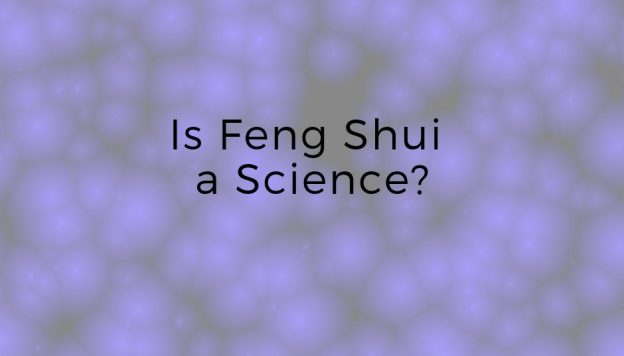Talks on Feng Shui with Dr. Hsu
6: Is Feng Shui a Science?
People often ask: Is Feng Shui a science? How should it be classified? The correct answer is that Feng Shui is a philosophy, science, and art.
Feng Shui is based on natural law, and stresses that human beings are part of nature. As a result, they are not separate from or above nature: they should live in harmony with it.
Furthermore, Feng Shui has an idea of what nature is, an idea based on Yin-Yang theory, Five Element theory, and Chi Monism. In this sense, Feng Shui has a metaphysical position. It also has a theory of knowledge, and an ideal of human relationships both among people and between humanity and nature. So it also has an epistemology and an ethical basis. Thus, Feng Shui can correctly be described as a philosophy.
Feng Shui is the knowledge and wisdom of living environmental design. This knowledge was acquired through experience, long and systematic observation, and practice. It is based on universal patterns. The basic principle of living environments is that they should be functional, economical, and beautiful. A science is defined as having principles on which it is universally applicable and repeatable. Feng Shui has these characteristics, so it can also be regarded as a science.
Feng Shui concepts deal with high-level principles, such as natural law and the form-Chi relationship. It is up to the designer to adapt these principles in accord with geography, climate, cultural and economic conditions, technology, and specific needs of the project. The designer has a free hand. No lower-level rules limit the designer’s creativity. On other words, Feng Shui can be regarded as an art. Its principles guide creativity, and encourage rather than limit it.
So perhaps it would be best to say that Feng Shui is a tradition of design that is at once philosophical, scientific and artistic.
All Dr. Hsu talks on Feng Shui

